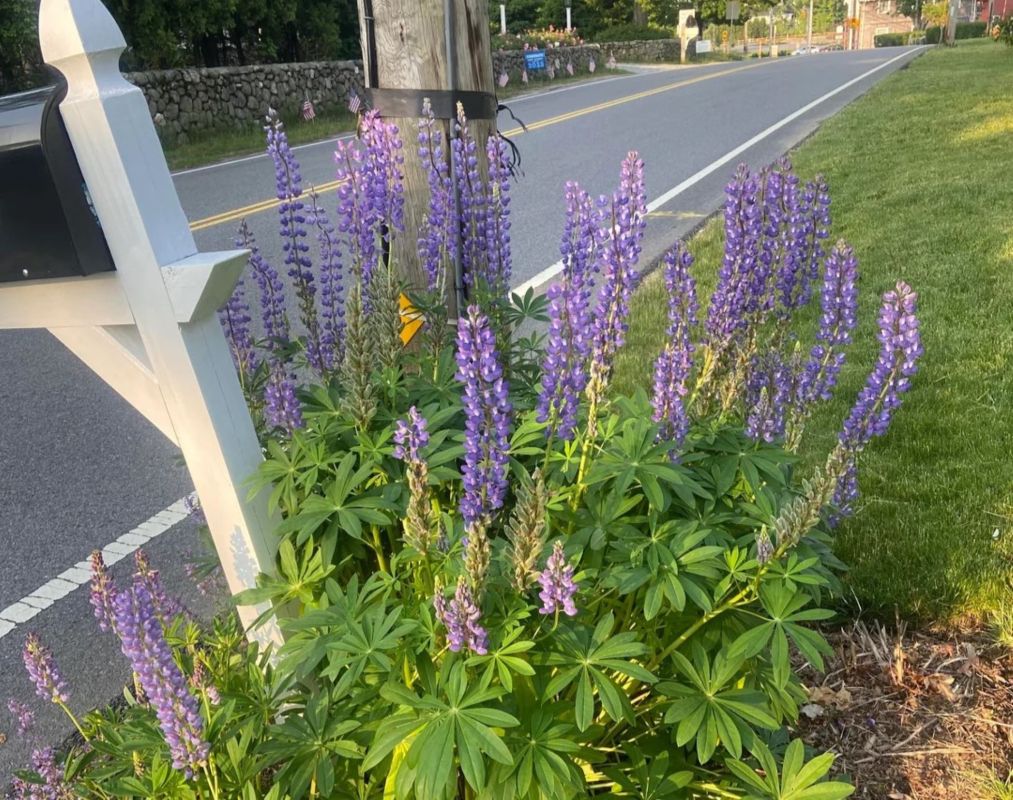A Reddit user thought they had a beautiful addition to their garden, but the plant turned out to not be as innocent as it looked.
The gardener, whose username is creatively or uncreatively "@unoriginalname22," posted a picture in the r/NativePlantGardening subreddit explaining that the plant in the photo was bought from a nursery that had it labeled as a sundial lupine, which was native to their garden.
However, a "plant app" revealed that it's actually a bigleaf lupine, which is an invasive species.
The gardener asked whether it was the nursery that had the plant identified incorrectly, and their suspicions were confirmed.
"Yes, it's mislabeled," one commenter wrote. "Please call the nursery to inform them and insist on getting your money back."
Bigleaf lupine does have its benefits. According to the National Park Service (NPS), the plant "is a good source of nectar for pollinating insects and has been known to attract hummingbirds." It also "provides regulating ecosystem services, as it has deep roots that help prevent erosion, as well as supporting services, as it is a legume and thus fixes nitrogen and returns it to the soil."
However, it has a more sinister effect on the rest of the garden.
Bigleaf lupine has the ability to crowd out native plants like milkweed, which is essential to the migratory monarch butterfly, an endangered species. The NPS noted that "the larva of the monarch depends on milkweed as its host plant; it cannot eat lupine."
Needless to say, the gardener was not happy with the nursery that mislabeled the plant, calling the experience "so frustrating." In fact, the gardener had another plant that was not properly identified from the same nursery.
"People seem to love this store but on the same trip I bought [three] black-eyed Susan that turned out to be brown-eyed Susan (triloba). At least still native but not what I was looking for for that area," the gardener wrote.
Commenters sympathized with the gardener over the difficulty of finding native plants at nurseries.
"I've found native labeling at most nurseries to be questionable at best," one commenter wrote. "Unless I'm absolutely sure that particular plant is what I think it is, I'll use a plantID app / Google images before I buy."
Another commenter added some caution about trusting plant apps, and that they should be used more as a tool rather than a surefire resource: "Plant apps are notoriously bad at identifying species (usually ok to get to genius). The only one I would ever recommend is iNaturalist because actual botanists who are experts in their field will often come along and verify/correct the record--but you need to be patient."
Join our free newsletter for easy tips to save more, waste less, and help yourself while helping the planet.









